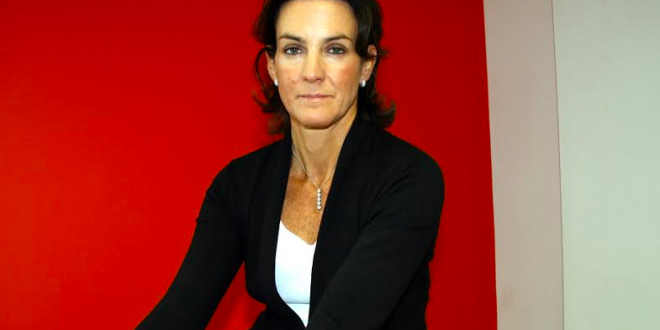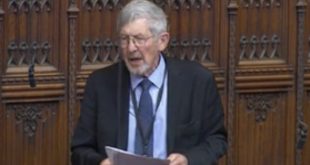GambleAware has called on the UK government to ensure the protection of essential treatment support services for gambling harms commissioned by the partners of the National Gambling Treatment Service (NGTS).
The demand follows GambleAware’s publication of the annual statistics of the NGTS, detailing that “Gambling harm support delivered by third-sector partners helped nine out of ten improve their conditions.”
Recognised as the frontline in the treatment of gambling harms across England, Scotland, and Wales, the NGTS comprises 10 organisations qualified to provide free and confidential treatment, intervention, and prevention services developed by the GamCare Network.
Publishing the NGTS annual statistics, GambleAware highlighted the effectiveness of services provided “with nine in 10 patients seeing an improvement after completing treatment” and the efficiency of the network as “half of the users are seen within five days or less of referral, and 75% within nine days.”
Anna Hargrave, Chief Commissioning and Strategy Officer at GambleAware, said: “Today’s data clearly demonstrates the value of the prevention-focused approach applied through our network.
“It is a timely reminder of the importance of investing in early treatment—especially as recently reported figures from the Gambling Commission suggest the prevalence of harmful gambling may be much larger than previously estimated.”
Referencing the NGTS’s most recent dataset for treatment provided in Q1 2023/2024, GambleAware cited a 17.6% increase in referrals provided by the network from 2,809 to 3,303. Furthermore, the Network registered a 23% increase as 1,416 patients engaged with extended Tier-2 interventions.
The importance of the National Gambling Helpline was underscored as calls to GamCare’s service increased by 24.0%, from 10,545 to 13,080. GamCare provided Tier 2 interventions delivered through the Helpline, increased by 45.7%, from 2,007 to 2,924.
Overall, for 2022/23, 4,941 patients started receiving Tier-2 support from NGSN treatment providers, distributed as follows: Q1 – 1,149, Q2 – 1,243, Q3 – 1,111, Q4 – 1,438.
Yet, despite the effectiveness of the NGTS, GambleAware cites concerns over its long-term funding and sustainability as the government has outlined its commitment to adopting a statutory levy for problem gambling research, education, and treatment (RET).
With the funding framework yet to be settled, UK gambling’s new RET levy will be overseen by the NHS as the primary commissioner of the funding RET projects and organisations across the UK.
Concerns Over Funding and Sustainability: GambleAware highlights the effectiveness of these services but warns of a potential collapse under the government’s new statutory levy on gambling operators, which may affect third-sector services.
GambleAware maintains its support for a statutory levy, needed to provide full transparency of RET funding; however, the government must guarantee the protection of treatment services provided by NGTS partners.
Zoë Osmond, CEO of GambleAware, said: “We welcome the government’s forthcoming statutory levy on gambling operators—it is a measure we have long called for to make sure that funding for vital research, treatment, and prevention of gambling harms is both long-term and transparent.
“However, the focus on specialist-led services means right now, hundreds of dedicated third-sector support workers are deeply concerned about their future and the future of the communities they serve.
“There is an urgent need for reassurance from the government that these essential services will be protected during and following the transition. We cannot lose the vast years of experience and expertise contained in the National Gambling Support Network and the wider third sector.”
GambleAware has called for government reassurances to protect essential services during the transition to the new funding system, as NGTS partners highlight concerns about how the NHS will apply an effective funding structure and the impact on waiting lists if third-sector services are compromised.
In its feedback to the government, GambleAware has highlighted the emphasis on preventing gambling harms before they escalate to the point of needing specialist care. Transitioning to a new levy, NGTS partners emphasised the continued approach that treatment should address gambling harms as a societal and public health issue, not just a medical one.
Professor Dame Clare Gerada said: “From my experience running the NHS Primary Care Gambling Service, which is part of the National Gambling Support Network, I have seen firsthand the benefits of being part of a thriving and connected third-sector ecosystem.
“My experience has also made it abundantly clear that while the NHS gambling clinics have a place in the system, what we also need is an approach that aims to prevent gambling harms from escalating—before people find themselves at the much more serious point of needing specialist care.
“Gambling harms are a societal, public health issue—not just a medical one. While the specialist sector has a valuable and important role, relying predominantly on this sector is neither financially viable nor logistically feasible.”









